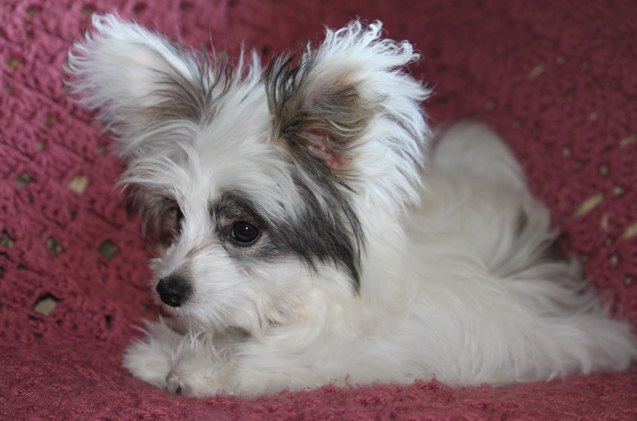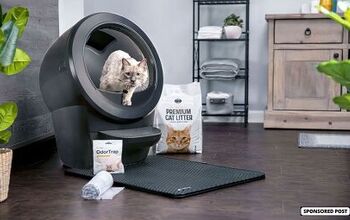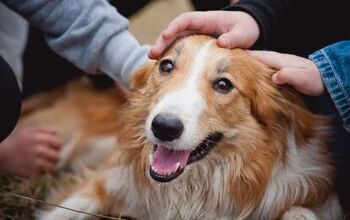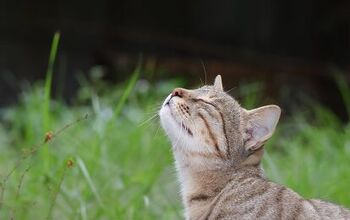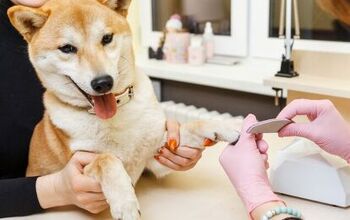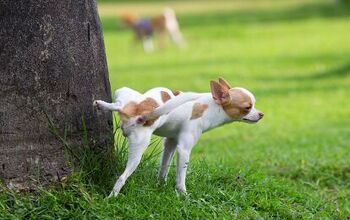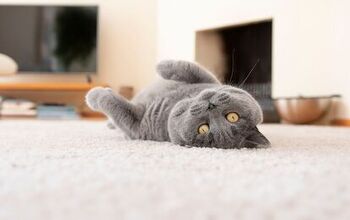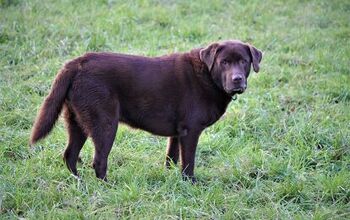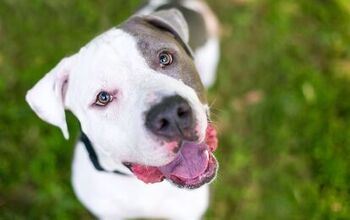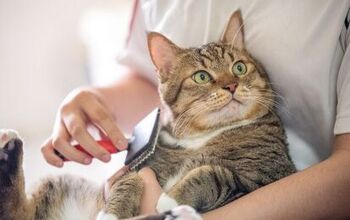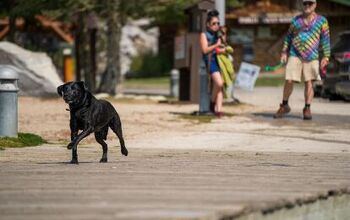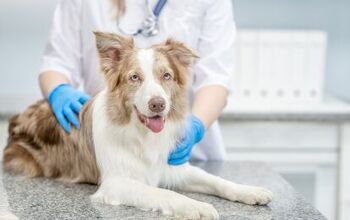Papi-Poo


About Papi-Poo
The Papi-Poo, which is also sometimes referred to as the Papidoodle, is one of those adorable little dogs that you’ll want to take home with you as soon as you see him. A mix of a purebred Papillon and Poodle, these carefree dogs are affectionate and elegant, and their personalities match their good looks.
If you’re in search of a toy dog breed that has loads of energy and is easy to care for, the Papi-Poo could be the pooch of your dreams. But before you head out to find your match, keep reading to learn all about this breed to be absolutely sure it’s the right one for you.
The Papi-Poo is a cross between a purebred Papillon and Poodle.
The Papi-Poo is a designer crossbreed from the United States.
The Papi-Poo is a cross between a purebred Papillon and Poodle.
Your Papi-Poo may be small, but he’ll have higher energy requirements than you might expect. This means that you’ll need to feed him a diet that’s appropriate for canines and loaded with nutrients.
If you want to feed your dog a commercial dry food, a good amount would be around ½ to 1 cup each day, divided over at least two feedings. When adding a canned dog food, just adjust the amount of dry food that you’re providing, as you don’t want to overdo it. You want your pet to get the nutrition he needs, but you don’t want him to become overweight or obese.
The Papi-Poo has a fabulous personality.
Training your Papi-Poo should be fairly easy. When it comes to housetraining your dog, taking him out after a grooming session, after a meal, in the morning, and before heading to bed will teach him what the schedule is. And to teach your Papi-Poo to accept confinement, you can start crate training your dog from as young as possible.
A small-sized breed, the Papi-Poo weighs between 6 and 14 pounds.
The Papi-Poo has a fabulous personality. These little dogs are devoted, loving, smart, and even a little mischievous. Also, these dogs aren’t typically shy or aggressive. They like to be in control, and they like to explore and experience new things.
If you want a dog that will enjoy being held and that will cuddle with you on the couch, the Papi-Poo could be your ideal match. These dogs are protective and alert, and they will love you unconditionally, even alerting you to potential danger by barking.
Because the Papi-Poo is a hybrid dog breed, it could potentially be susceptible to the health problems that commonly affect its parent breeds, the Papillon and Poodle. However, there is no guarantee that any Papi-Poo will ever inherit any of those conditions, as every dog is an individual and there is no way to predict what his health will be like in the long run.
Some disorders that you should keep an eye out for, however, include patellar luxation, hip dysplasia, and other bone disorders. A Papi-Poo may also develop hypothyroidism or eye conditions like progressive retinal atrophy.
The Papi-Poo has an average lifespan of 10 to 14 years.
Papi-Poos make the perfect pet for those who want a dog that will be happy spending a lot of time indoors. These active dogs will run around the house, hop onto your furniture, jump back down, and play with toys.
Even though these dogs are well suited to life indoors, they should not be confined all the time. Take your dog out for a short walk on a regular basis. Also, playing with your dog for at least 20 minutes every day is a good way to keep him happy while preventing boredom and loneliness. Pet puzzles, balls, and plush toys are ideal for exercising your Papi-Poo indoors and out.
The Papi-Poo is devoted, loving, smart, and even a little mischievous.
The Papi-Poo is not recognized by the American Kennel Club, as it is considered to be a hybrid breed. However, this breed is recognized by the American Canine Hybrid Club (ACHC), the Designer Breed Registry (DBR), the Designer Dogs Kennel Club (DDKC), the Dog Registry of America, Inc. (DRA), and the International Designer Canine Registry (IDCR).
The Papi-Poo features a medium length coat that is soft and can either be wavy or straight. Frequent grooming will be necessary for this breed, which is considered a high-maintenance dog, even though shedding is considered minimal. If you don’t have the right experience with grooming a dog, you can leave the task up to a professional groomer.
Brushing your dog’s coat around three or four times each week will be necessary to help keep the fur and skin healthy, as it will help distribute natural oils. Also, bathing your dog when he gets dirty will be necessary as well.
All you have to do is look at a fully-grown Papi-Poo to imagine just how tiny these irresistibly adorable puppies will be. Handle these bundles of joy carefully, and make sure you supervise your kids if they are going to be socializing and playing with the puppies as well.
Papi-Poo puppies can easily injure themselves if they jump off of furniture, such as your bed or the sofa, so you can purchase pet steps to help them get up and down from furniture, or you can teach them to wait for you to pick them up.
As with all other canine breeds, it’s a great idea to start training your Papi-Poo starting in puppyhood. Expose him to different people and pets so he can grow up to be a confident and friendly adult.
Photo credit: lapetitefarm.com; Pinterest

Lisa Selvaggio is a freelance writer and editor, and our resident cats-pert, with certifications in pet nutrition and pet first aid. She enjoys producing content that helps people understand animals better so they can give their pets a safe and happy home.
More by Lisa Selvaggio



